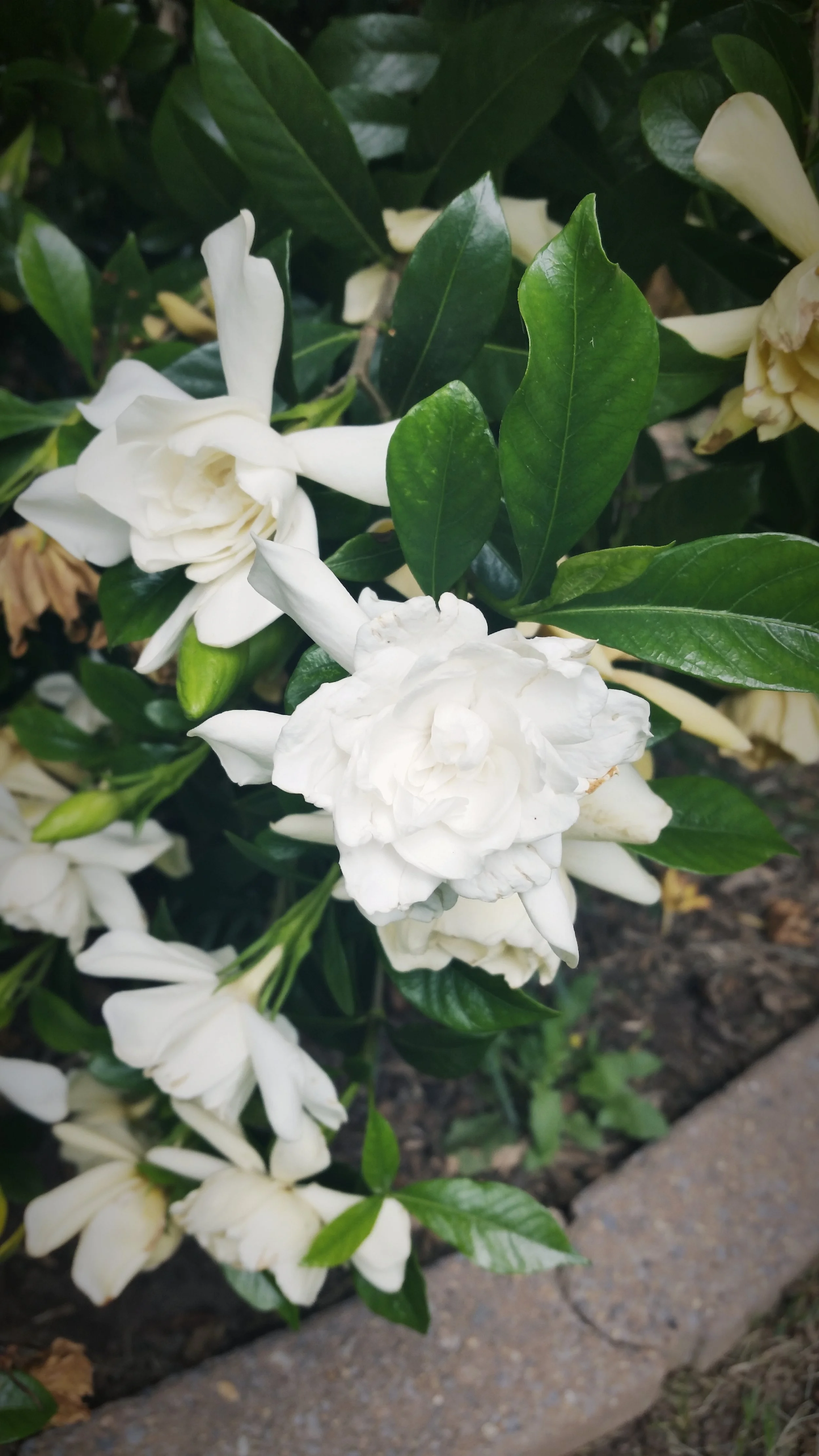Community Conversation: Pollinators
A number of mosquito spraying company signs have popped up around the neighborhood lately and I was approached by a neighbor who was concerned about the dramatic decline of pollinators in her garden this year. This followed by a comment on our community Nextdoor social media site inspired me to share.
My personal reaction was the following:
Below is a link to a very good article about this subject noting that "bees have suffered a dramatic decline in the last two decades due to habitat loss and degradation, along with pathogens and pesticides." Thoughtful consideration of our actions, seeking out education, and sharing information on the subject will help the pollinators and help our neighbors get on board.
Here are suggestions from others on the thread:
One neighbor suggested contacting the nonprofit advocacy organization, Toxic Free NC at http://www.toxicfreenc.org for advice about concerns regarding pesticide pollution and advocacy.
Many of us rely on lawn services to keep the weeds our yards under control. At the very least, do some research on services who offer conventional AND organic solutions. If you are more DIY, one neighbor suggests spraying a blend of garlic and lavender essential oils as a natural mosquito repellent.
Another person commented that to find out what companies in our area are licensed or express concerns about compliance, visit the NC Department of Agriculture's website at http://www.ncagr.gov/SPCAP/pesticides/Cmfo.htm.
Finally, advocate for your pollinators. Write or call Thom Tillis and Richard Burr and ask them to support the NC Pollinator Protection Act (House Bill 363). Read about this important legislation at: http://www.wral.com/bee-protection-bill-filed-in-nc-house-/16586133/ and http://www.ncleg.net/gascripts/BillLookUp/BillLookUp.pl?Session=2017&BillID=H363.
The following quote from the above mentioned article can scare us or motivate us . . .
“Pollinator decline is a global trend. A recent major global assessment sponsored by the U.N. suggested that about 40 percent of invertebrate pollinator species are facing extinction. Since some 75 percent of food crops rely at least partially on pollinators, that raises serious concerns about the future of the global food supply.”
I choose to be motivated!



